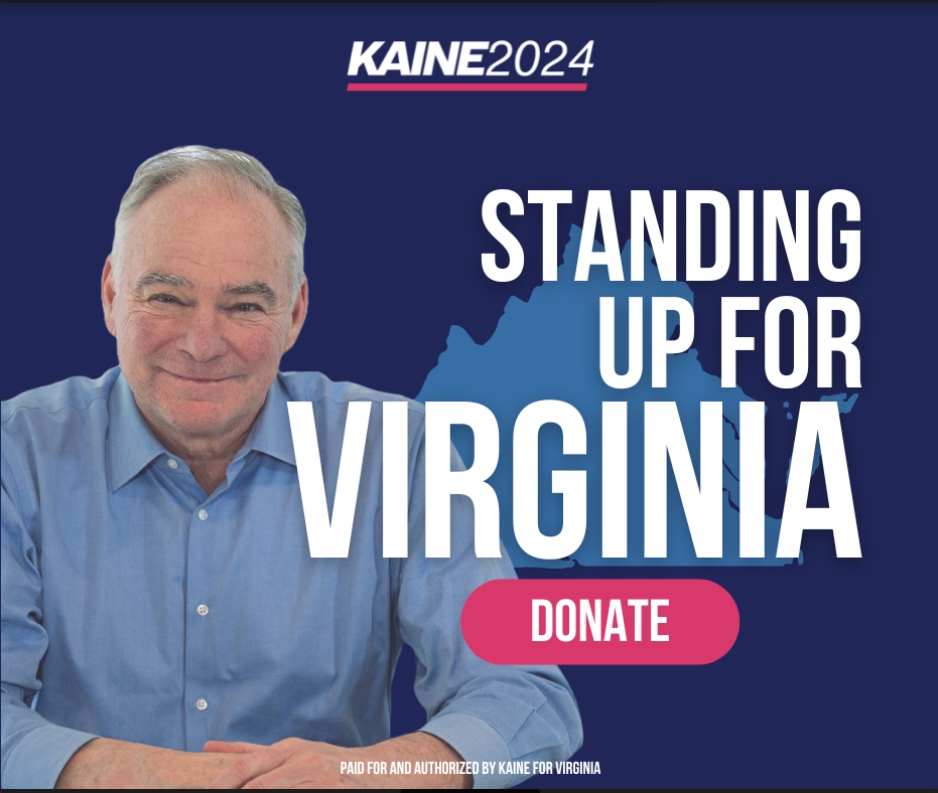March 31, 2014
Virginia Localities Could Save Millions from a State Budget that Closes the Coverage Gap
RICHMOND, VA – A state budget that accepts federal funds to help nearly 400,000 Virginians without health insurance get the care they need would save localities millions currently spent to help the uninsured, free up state funds for critical local functions like education and public safety, and bolster local economies by supporting good jobs and generating new tax revenue, according to a new report published today by The Commonwealth Institute for Fiscal Analysis, an independent fiscal and economic policy organization in Richmond.
“Local officials concerned about the health and well-being of their communities should insist that state lawmakers find common ground not just to pass a budget but to pass one that closes the coverage gap,” says Institute President Michael Cassidy.
Among the report's key findings:
Localities fund a variety of health care programs for the low-income, uninsured that could be paid for with federal funds if state lawmakers closed the coverage gap.
- For example, 22,000 people who get mental health or substance abuse treatment through their community service boards could get health insurance, saving localities an average of $28 million per year through 2022.
- Localities could also save $6 million per year by using federal funds to cover the local jail inmates' hospital costs, which localities are required to pay.
The state could use a portion of the savings from closing the coverage gap to help localities that continue to struggle to fund core services.
- Governor McAuliffe recently proposed a budget that uses some of the savings to boost state funding for local priorities and reduce the burden on localities, including:
- A 2 percent raise for Virginia's state-supported local employees, helping local governments retain and attract good workers.
- $17 million for the Line of Duty Act for families of fallen of public safety officers.
- $7.4 million to help maintain the number of at-risk children who can attend high quality, public preschool through the Virginia Preschool Initiative.
- $4.8 million in grants for local school divisions that want to extend their school years.
- $3.3 million to soften the blow for local school divisions that lost some state funding in the recent funding formula revision.
Federal funds for coverage could boost local economies.
- Virginia could expect an average annual infusion of $1.8 billion of federal funds from closing the coverage gap, which would add up to $14.5 billion through 2022.
- The bulk of those resources would flow directly into Virginia's health care sector, supporting nearly 30,000 well-paying health care jobs by 2022 and generate an average of nearly $20 million in local tax revenues each year.
“The fact is low-income, uninsured Virginians in every locality across the state need access to quality, affordable health care now,” says Cassidy.
********************************************************


 Sign up for the Blue Virginia weekly newsletter
Sign up for the Blue Virginia weekly newsletter
![Tuesday News: “For Biden, Aid Package Provides Welcome Boost on the World Stage”; Biden the Big Winner of This Congress; “A potential reckoning [Trump’s] spent a lifetime eluding could be coming.”; Abigail Spanberger Will Be the Dems’ 2025 VA Gov Nominee](https://bluevirginia.us/wp-content/uploads/2024/04/bidenbigwinner-238x178.jpg)








